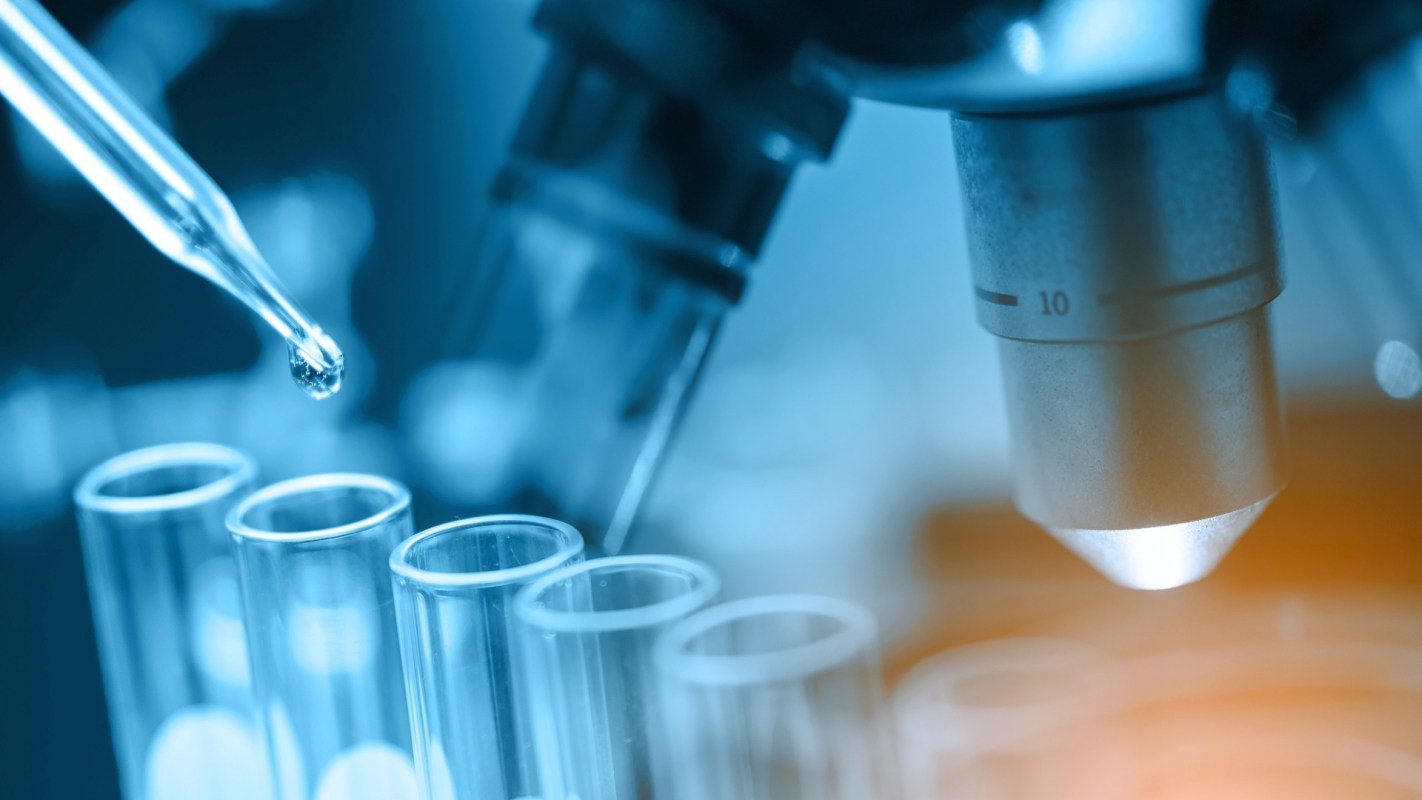Stony coral tissue loss disease (SCTLD) is threatening coral reefs throughout the Caribbean, but scientists have found a promising new solution in the medicine cabinet: probiotics.
According to Axios, SCTLD was first discovered in Florida in 2014, and since then, it has spread rapidly. So far, it has been spotted in at least 22 countries and territories across the Caribbean.
Once infected, a large coral can die in a matter of weeks as the disease eats its tissue away, leaving behind nothing more than a white calcium carbonate skeleton, as reported in a Smithsonian news release. At least two dozen species are at risk.
But there is hope. In a recent study published in Communications Biology, researchers from Smithsonian Marine Station and other institutions found that treating infected coral with a bacterial probiotic stopped or slowed the spread of the disease in about two-thirds of test corals. What's more, the treatment also stopped the infection from spreading.
The probiotic comes from a beneficial bacterial strain that researchers collected from disease-resistant corals.
To date, little is known about SCTLD, but it is just one more threat to coral reefs, which are threatened due to warming ocean temperatures, unsustainable fishing practices, and pollution.
This is bad news for humans, as coral reefs protect coastlines from storms and erosion and are a source of food and medicine. According to NOAA, over half a billion people rely on coral reefs for food, income, and protection.
Coral reefs are also important ecosystems — about 25% of the ocean's fish are dependent on healthy coral reefs, using them for shelter and to find food, reproduce, and rear young.
Valerie Paul, head scientist at the Smithsonian Marine Station, underscored how important this new discovery was.
"Between ocean acidification, coral bleaching, pollution, and disease, there are a lot of ways to kill coral. We need to do everything we can to help them so they don't disappear," Paul said in a statement.
As Blake Ushijima, a microbiologist who led the study, told Axios, "It's another tool in the toolbox because we don't really have a lot of options. We can save the healthy corals by pulling them out of the ocean, or you can treat the diseased ones with antibiotics. If that doesn't work? Well, they're going to die."
Join our free newsletter for cool news and cool tips that make it easy to help yourself while helping the planet.









